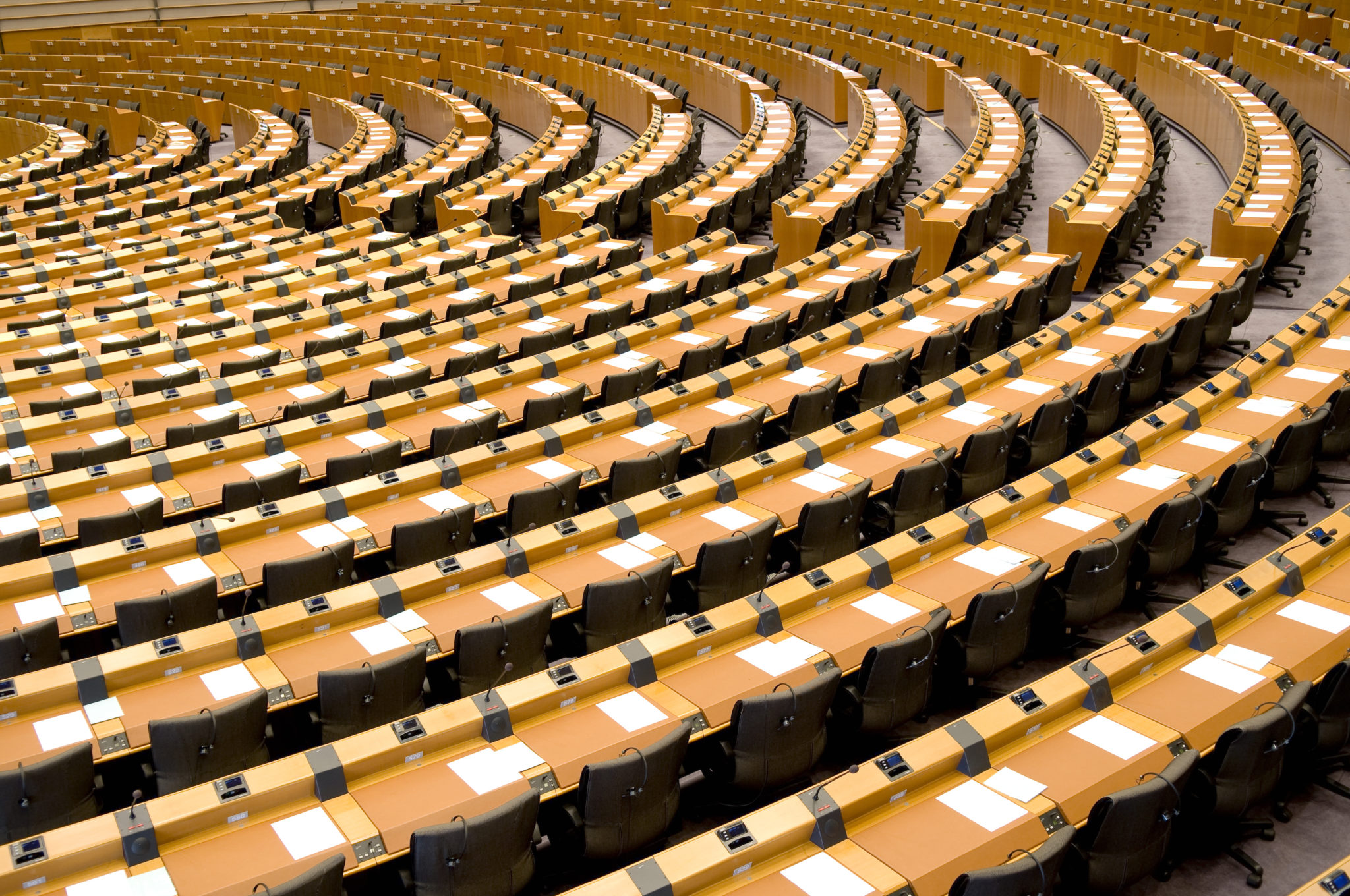European Parliament votes down controversial copyright reform – for now
Published on 6th July 2018

The European Parliament voted yesterday (5 July 2018) to reject the draft revised Copyright Directive, which as we reported, had been recently adopted (by a narrow margin) by the EU Parliament Committee on Legal Affairs (JURI). MEPs will now get the chance to submit amendments to the Directive, which will return to the Parliament for further debate in September.
Why is this so controversial?
The European Commission has long been focussed on reforming copyright law across the EU, harmonising national laws and bringing the law up to date. However, there has been fierce debate about two of the provisions of the draft new Copyright Directive:
- Neighbouring right (Article 11, which has been referred to in the press as the 'link tax'), which would make it easier for press publishers to obtain licence fees where their content (including relatively short snippets) is used on news aggregators and other online platforms.
- Pre-filtering (Article 13), which proposed that platforms which allowed users to share and upload content would be directly liable to rights-holders for any resulting copyright infringement and would require content-sharing platforms to enter into fair and appropriate licensing arrangements with rights-holders covering any uploaded content if a rights holder so requires.
Campaigners had argued that these provisions would have a chilling effect on freedom of expression online, and were unnecessarily broad. For example, automatic content filters are unlikely to pick up on copyright exceptions for parodies or incidental music in the background to live video news reports. Also, there were concerns that upload filters may block popular content such as memes and remixes which reference prior works. It had also been argued that smaller platforms with fewer resources to employ content filtering technologies may be disproportionately penalised by the proposed article, leading to platform consolidation.
High profile digital rights campaigners also argued that Article 13 would lead to pre-publication censorship of any content shared over the internet. Just before the JURI vote, a group of more than 70 influential internet stakeholders (including Tim Berners-Lee and Jimmy Wales) wrote an open letter to the President of the European Parliament calling for the deletion of Article 13 entirely, in order to prevent platforms from automatically filtering uploads and imposing online surveillance measures. The lobbying only intensified in the lead up to the European Parliament vote.
What next?
All MEPs are now able to file proposed amendments to the Directive, and have a month to do so. The Directive will return to the Parliament in September for further debate and a vote on any new amendments. Given the strength of feeling on both sides and the narrow margins both in JURI and the Parliament (where the Directive was defeated by 318 to 278, with 31 abstentions), it is difficult to know what the final version of the Directive will look like.





